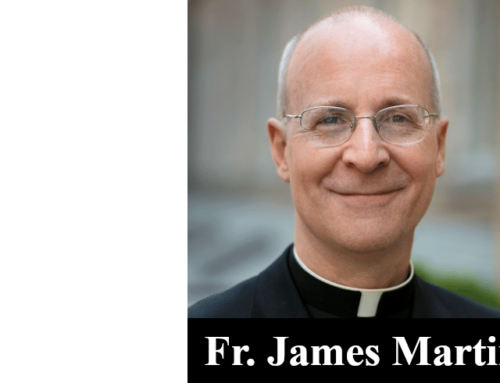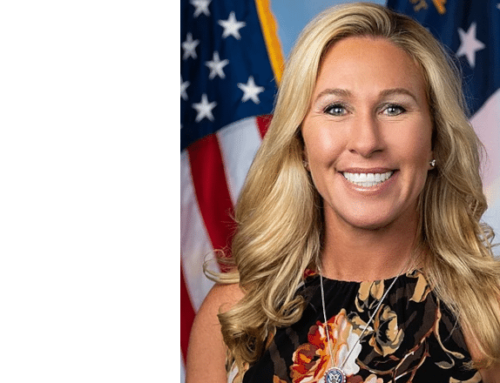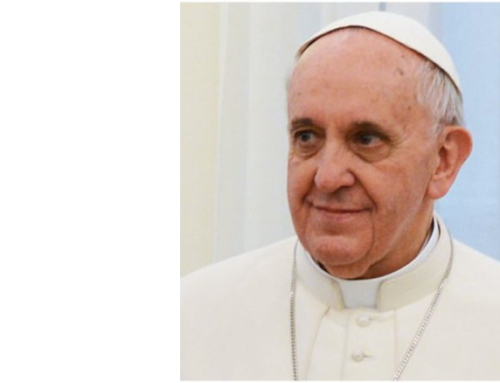Catholic League president Bill Donohue comments on the March for Life and the social justice agenda:
There is no annual demonstration that draws more Catholics than the March for Life. The turnout is so impressive—the media typically underplay its success—that it has become the envy of social justice Catholics, those whose primary commitment is to fighting poverty and various forms of injustice. In recent years, some in their ranks have sought to use the March for Life as a platform for their agenda.
Not to be misunderstood, there are millions of Catholics who support both the pro-life cause and the social justice cause. In doing so, they give life to the “seamless garment” approach broached by Cardinal Joseph Bernardin in 1981. He called on Catholics to see the plight of the unborn and the plight of the needy through the same lens. Philosophically, it is hard to argue with such a conception. Practically speaking, however, it is untenable.
No organization can survive if it has too many goals, and this is especially true when the tie that binds them is tenuous to begin with. Organizational success depends on many things, one of the most important of which is the ability to keep focused. In other words, when a tent gets too big, it tends to collapse under its own weight.
Then there is the ideological divide. For example, most social justice activists, including Catholics, are not only disengaged from the pro-life movement, they tend to be pro-abortion.
I first learned this many years ago when I met Catholics who worked for Catholic Charities: more than a few were champions of abortion. I have also met scores of other Catholic social justice activists—they include many nuns—who are either soft on abortion or resolutely in the pro-abortion camp.
It is important to note this reality because there are some social justice activists who would like to hijack the pro-life cause by pushing their own ideological ambitions. The poor, the environment, racial discrimination, world peace—these are all worthy concerns—but they are best addressed by organizations dedicated to such matters. They should not be an appendage to a movement whose primary interest is to protect the life of the unborn.
No one has been more vocal in his determination to convince the pro-life community that it must embrace the social justice agenda than John Gehring. He is a left-wing activist who works for Faith in Public Life, an outfit funded by the atheist and pro-abortion billionaire, George Soros.
On the eve of the March for Life, we can always count on Gehring to make his pitch. He likes to cite Pax Christi USA as a good example of a social justice organization that participates in the March for Life. That alone should raise eyebrows among pro-lifers.
Pax Christi USA promotes disarmament, as well as economic and racial justice. It has several subunits, including an “Anti-Racism Team”; there is no “Anti-Abortion Team.” Similarly, it issues statements on such topics as “Protection From ICE Raids,” though there is no equivalent document on “Protection From Abortionists.”
Pax Christi USA does have a statement on abortion: It is a short and flatulent commentary supporting dialogue between opposing sides. It is also dishonest.
In 2010, Pax Christi USA joined a protest of one of the most pro-life organizations in the nation, the Susan B. Anthony List. Dave Robinson, executive director of Pax Christi USA, called the pro-life entity “a partisan front group, which uses issues like abortion to confuse voters and to score cheap political points.” Thus, he committed his organization to the pro-abortion side.
In 2001, Pax Christi USA had to cancel its national assembly after Christian Brothers University notified the organization that its keynote speaker was a proponent of abortion rights.
In 2000, Pax Christi USA signed a statement of support for Sister Jeannine Gramick and Father Robert Nugent, two pro-homosexual activists who had recently been sanctioned by the Vatican for their extremism. Not surprisingly, Pax Christi never attempted to explain the relationship between disarmament and homosexuality. The nexus, of course, is that both are part of the left-wing agenda.
In 1996, Pax Christi members in Washington D.C. took up the cause of women’s ordination; it too, had nothing to do with missiles, but it had much to do with left-wing politics.
In 2005, Catholic and evangelical leaders held a huge conference, “Justice Sunday,” that promoted religious liberty; I was one of the speakers. Who opposed it? Pax Christi USA.
It must also be said that it is a mistake to call Pax Christi USA a “peace” organization. To establish peace, it is sometimes necessary to pick up arms. There is no cause, or nation, that it believes is worthy of defense. Its mission is surrender, not peace.
The March for Life is the envy of those in the social justice camp precisely because they are unable to rally anywhere near as many people to their side. They belong on the sidelines, as spectators, far away from the gladiators who truly care about the unborn.







